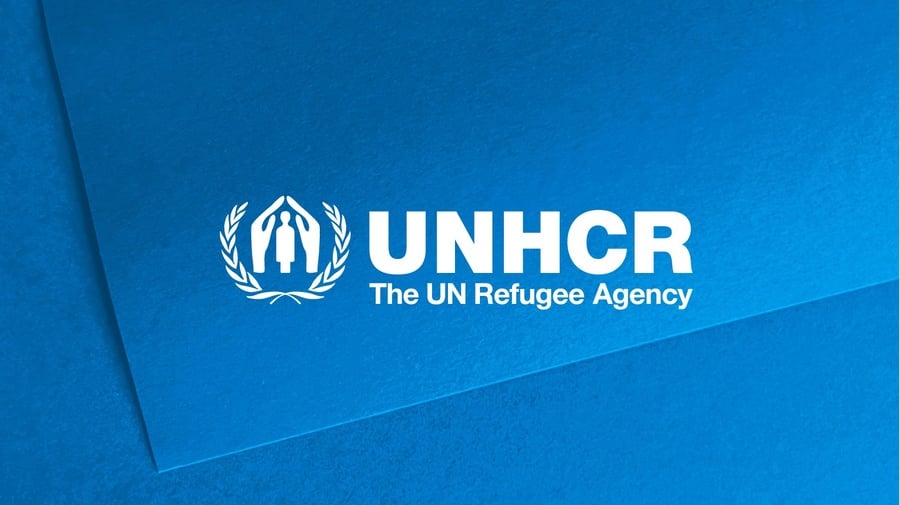Kampala Convention at 10 years: African Union leadership can deliver for IDPs
Kampala Convention at 10 years: African Union leadership can deliver for IDPs

Today marks the 10th anniversary of the entry into force of the African Union Convention for the Protection and Assistance of Internally Displaced Persons in Africa (Kampala Convention).
This landmark treaty is the world’s first and only binding, continent-wide Convention to protect people forcibly displaced within their own countries.
With nearly half the world’s 59 million internally displaced people living in Africa at the end of 2021, we pay tribute to the vision of the African Union and the commitments made by 33 African Union Member States that are party to the Kampala Convention.
Internally displaced people endure untold suffering. Uprooted from their homes and communities, they have often experienced and witnessed violence and trauma. In displacement, they may face barriers to meeting their basic needs, finding work, going to school, accessing public services and securing their legal rights. Women and children, who account for the vast majority of internally displaced people, are especially vulnerable to risks of gender-based violence, human trafficking and recruitment into armed forces or groups.
We recognize the pioneering contribution that the Kampala Convention has made as the first ever legally binding regional instrument to provide a comprehensive framework for response to internal displacement, whether triggered by armed conflict, generalized violence, disasters or the effects of climate change.
Building on the 1998 UN Guiding Principles on Internal Displacement, the Kampala Convention addresses the responsibilities of state and non-state actors, including armed groups as well as other private actors related to internal displacement. It also guides Member States on coordinating their responses at national and local levels, as well as engaging the displaced, host communities, civil society, the UN and other international partners in contributing to multi-stakeholder efforts, including on solutions.
UNHCR, the UN Refugee Agency, and the Special Rapporteur welcome the fact that more countries have ratified the Convention over the last decade. We applaud those that have taken steps to implement it in practice, including through provisions in domestic law. Out of the 34 national instruments specifically addressing internal displacement in both conflict- and disaster-related displacement, more than half were developed in Africa. We encourage African Union Member States that have not yet ratified the Kampala Convention or incorporated it into domestic law to act now.
From taking the lead more than a decade ago to setting the pace today, the African Union and its Member States can count on our continued partnership and support to advance protection, assistance and solutions for internally displaced people in Africa.
